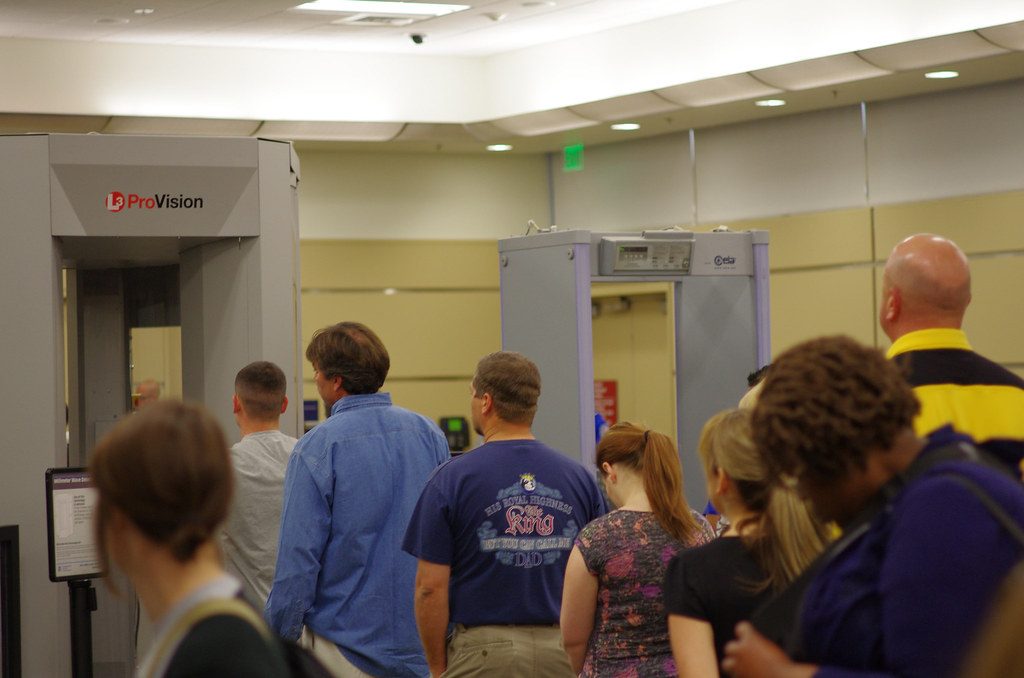Going through TSA’s full body scanner has become an expected part of air flight. However, the Department of Homeland Security is working to make these scanners more accurate as a way to prevent checkpoint hold ups with passengers. In collaboration with Kaggle, DHS has announced a $1.5 million contest to build deep neural networks that will provide more precise body scanner images.
Back in May, we wrote about Kaggle’s $1 million Science Bowl challenge for scientists to develop algorithms that would detect lung cancer. Now the competition organization has launched a six-month initiative to get scientists to create systems that will learn specific tasks by collating and analyzing massive sets of data that can be introduced to airport security technology.
Similar to machine learning. Deep neural networks learn tasks by digesting immense amounts of data. For example, feeding the system millions of photos of bone marrow will teach it how to identify the spongy tissue.
The neural network algorithm is used by Google and Facebook to recognize faces and other images through verbal commands. Now, policy advocates have realized that it’s capable of disrupting other forms of technology. TSA hopes that by integrating the algorithm into airport security, officers will spend less time flagging and examining individuals. Instead, the algorithm will be able to swiftly identify illegal items without human assistance.
More than two million are scanned at U.S. airports every day. Passengers are allowed to opt out of the scan and request a pat-down. However, in March, TSA announced they would be conducting more “rigorous” and “comprehensive” pat-downs. Making the option less appealing to scan-weary travelers.
Views: 525
Comment
© 2026 Created by radRounds Radiology Network.
Powered by
![]()

You need to be a member of radRounds Radiology Network to add comments!
Join radRounds Radiology Network